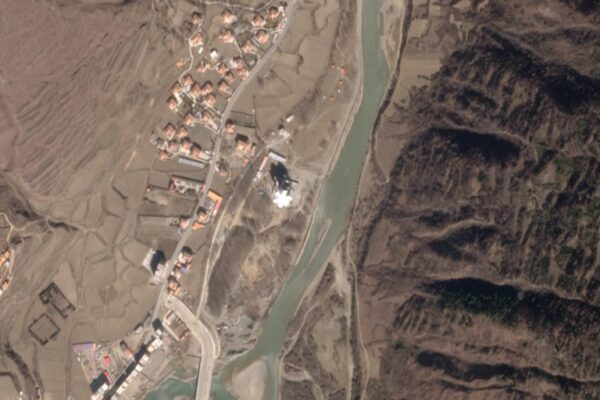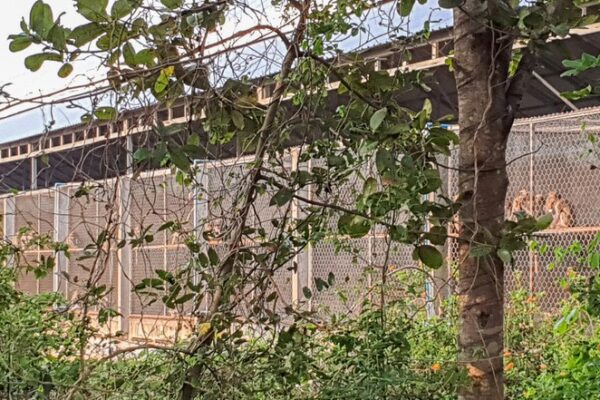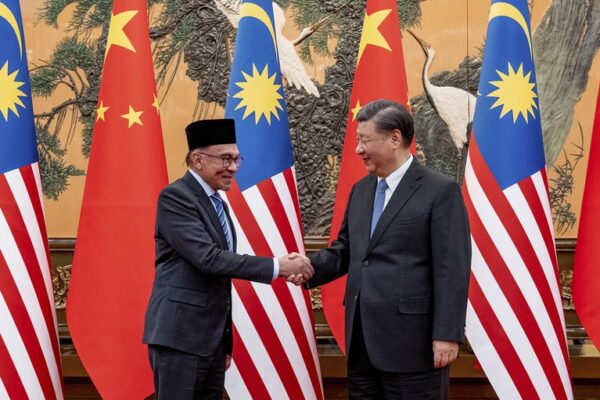Blinken’s trip to Vietnam may result in possible upgrade for US-Vietnam ties
U.S. Secretary of State Antony Blinken is hoping to upgrade relations with Vietnam to a strategic partnership from the current comprehensive one during meetings with officials in Hanoi on Friday and Saturday, amid China’s rising regional power and aggression in the South China Sea. Blinken is scheduled to meet with senior Vietnamese officials to discuss “our shared vision of a connected, prosperous, peaceful, and resilient Indo-Pacific region,” the State Department said in an April 10 statement. Blinken also will break ground on a new U.S. embassy compound in Hanoi. Blinken’s trip comes about two weeks after a phone call between U.S. President Joe Biden and Nguyen Phu Trong, general secretary of the Communist Party of Vietnam. July will mark the 10th anniversary of the 2013 U.S.-Vietnam Comprehensive Partnership. Vietnam already has “strategic” partnerships with many U.S. allies, but the U.S. itself has remained at the lower “comprehensive” partnership level despite improvements in the bilateral relationship because disaccord over human rights hindered talks. But political analysts believe Vietnam may agree to boost the relationship this time around. Ha Hoang Hop, an associate senior fellow specializing in regional strategic studies at ISEAS – Yusof Ishak Institute, a research center in Singapore, said he was certain that Vietnam would upgrade its partnership with the U.S. during Blinken’s visit. “A good and better relationship between Vietnam and the U.S. will certainly contribute to maintaining the stability and security of Southeast Asia, as well as of a broader region,” he told RFA. “It will also significantly make Vietnam more proactive, confident, and stronger in ensuring its stability and security given many complexities in the world and in the region.” Vietnam has comprehensive partnerships with a dozen other countries, strategic partnerships with another 13, and comprehensive strategic partnerships with China, Russia, India and South Korea. A boost in relations between the U.S. and Vietnam would prompt China to react across the board in terms of security, economic development, trade and cultural exchange, Hop said. “Even now, we all see that China does not want Vietnam to have good relations with other countries,” he said because Beijing believes it would not bode well for its claims in the South China Sea over which it has sparred with Hanoi for decades. “We all know they have used so-called ‘gray zone tactics’ to disturb, annoy and cause instability,” Hop said. “Then, they gradually encroach and at some point when other countries, including Vietnam, let it go, they will achieve their sovereignty goals.” Making Hanoi happy Prominent human rights lawyer Le Cong Dinh also waxed positive on the possible upgrading of bilateral ties between the U.S. and Vietnam. “This relationship is considered in the context of the U.S.’s strategy in the Indo-Pacific region,” he said. The strategy, issued by the Biden administration in early 2022, outlines the president’s vision for the U.S. to more firmly anchor itself in the Indo-Pacific region in coordination with allies and partners to ensure the region is free and open, connected, prosperous, secure and resilient. “Vietnam’s position and role is quite important to the U.S.’s regional strategy, especially in terms of containing China in the South China Sea,” said Dinh, a former vice-president of the Ho Chi Minh Bar Association. “Therefore, the U.S. always tries to find ways to make Hanoi happy and deepen the bilateral relationship.” He went on to suggest that for the U.S. regional security issues have taken precedence over human rights in Vietnam. But Dinh cautioned that to avoid upsetting China, the Vietnamese government must take a tactful and smart approach to upgrade bilateral ties with the U.S. and not hastily use the term ‘strategic partnership.’” “Doing so, in reality, the two sides can work on the issues that a strategic partnership allows us to do, which a comprehensive partnership does not. China’s state-run Global Times newspaper on April 9 cited Chinese experts who said Blinken’s visit may yield results in maritime security or improvement in economic cooperation, but it would not affect Vietnam’s overall strategy because there are still inherent and structural contradictions – ideological and historical issues – between Vietnam and the U.S. Translated by Anna Vu for RFA Vietnamese. Edited by Roseanne Gerin and Matt Reed.








